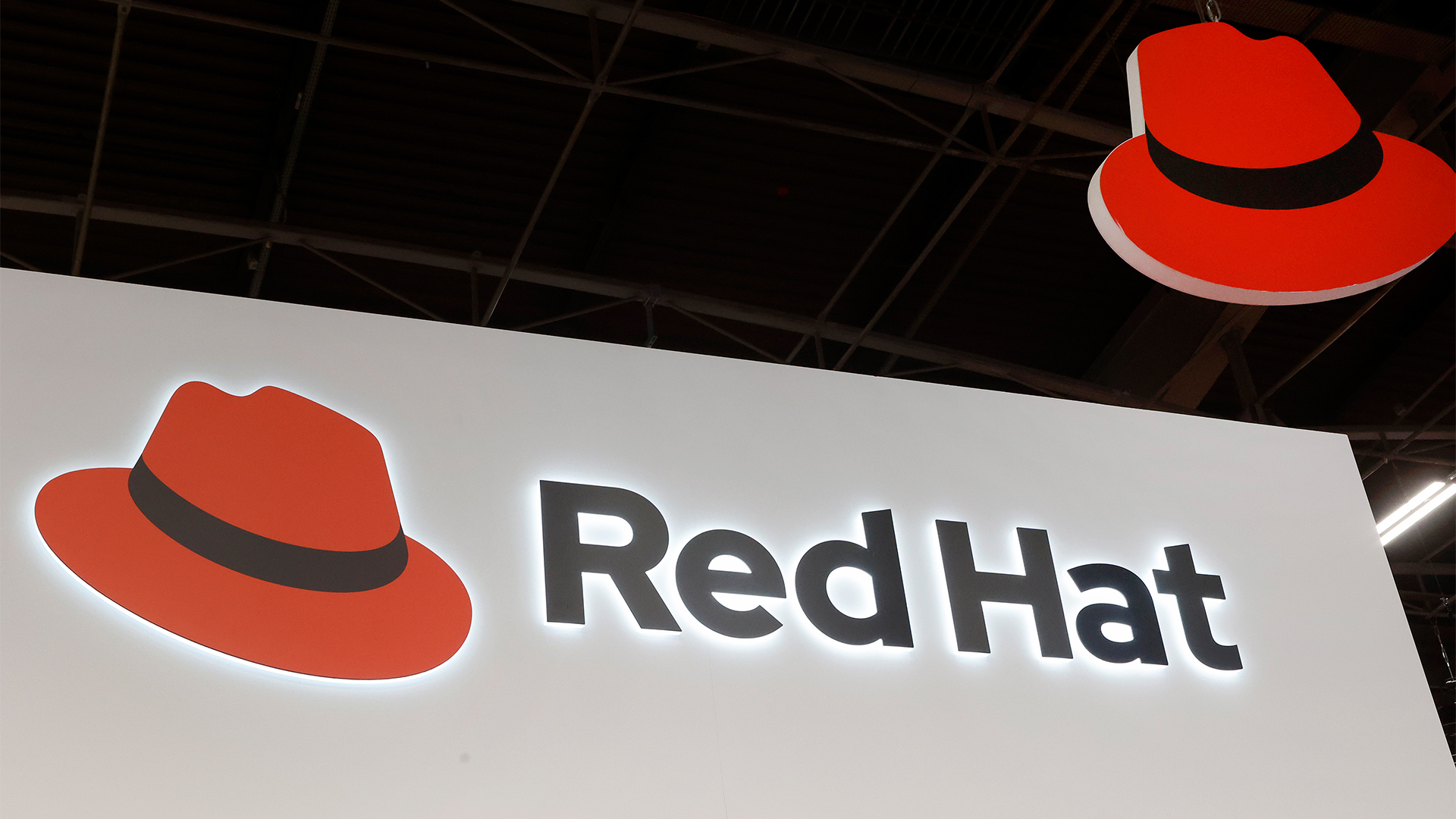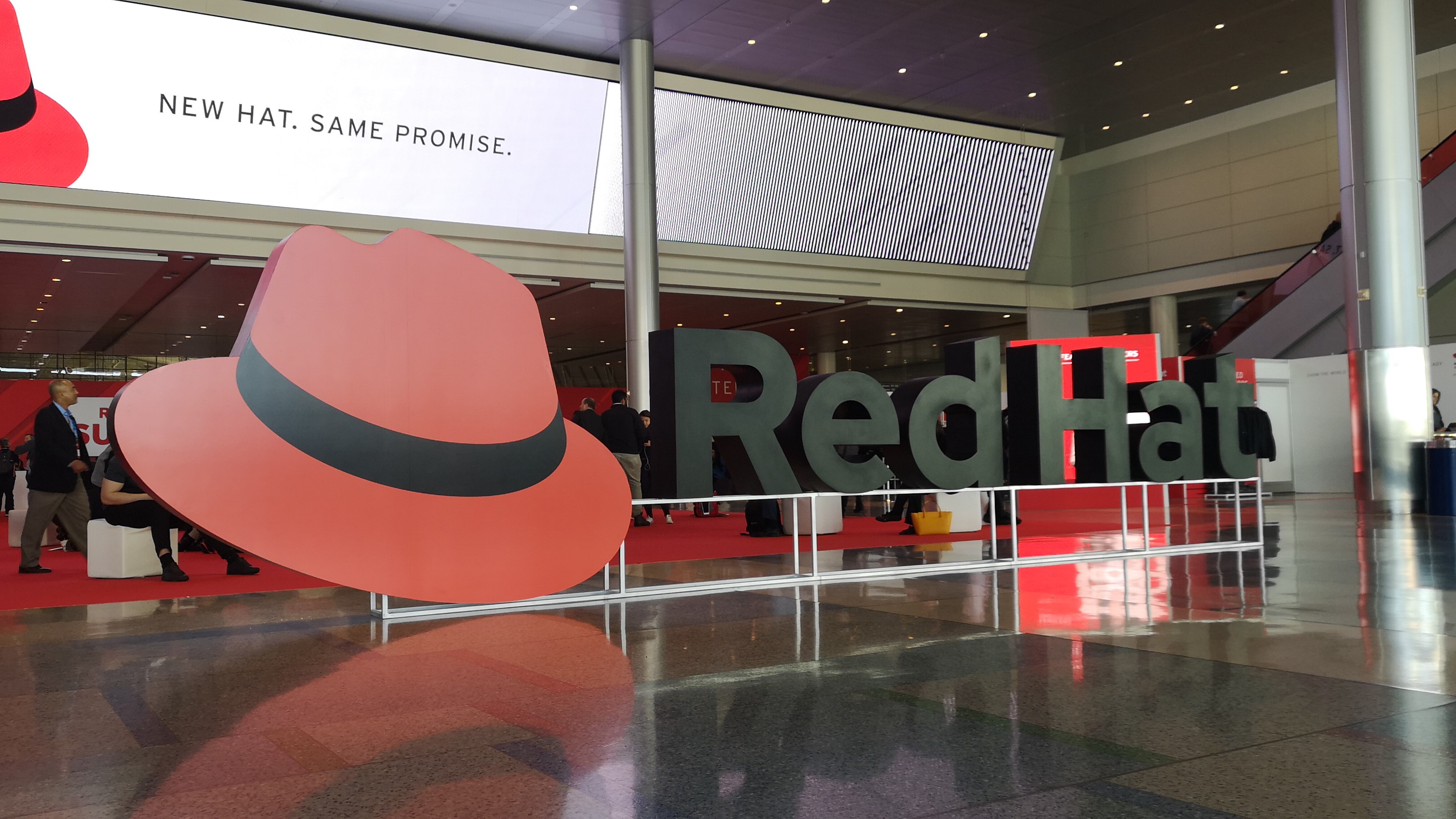Can the Open Enterprise Linux Association overcome Red Hat’s restrictions?
Defining how compatibility will be achieved is the crucial question in the Red Hat Enterprise Linux saga


A new alliance called the Open Enterprise Linux Association (OpenELA) has been formed with the goal of providing an open and free Enterprise Linux (EL) source code that’s compatible with RHEL, which recently had its source code restricted.
CIQ, Oracle, and SUSE announced plans to form the OpenELA last week. It’s a trade body aimed at promoting the importance of Red Hat Enterprise (RHEL)-compatible distributions.
The initial focus will be on RHEL 8 and 9 - the group said it might also consider RHEL 7 - but the goal is to ensure the continued availability of OpenELA sources indefinitely. The source will be available “starting later this year”.
In its initial announcement, OpenELA did not disclose how it would maintain compatibility with RHEL, saying only that it would be encouraging the development of compatible distributions.
Before Red Hat’s recent restriction of RHEL source code, 1:1 compatibility at a binary level was relatively simple to achieve. Assured compatibility is essential for organizations accustomed to running applications on RHEL, or another compatible distribution.
Demonstrating that OpenELA is capable of creating and maintaining code that enterprises can trust to run third-party applications is therefore critical to the association’s success.
What have OpenELA’s members said about compatibility?
The association’s members have made differing public statements in the past regarding their interpretation of what ‘compatible’ means, despite OpenELA’s avowed intention to provide 1:1 compatible sources.
Sign up today and you will receive a free copy of our Future Focus 2025 report - the leading guidance on AI, cybersecurity and other IT challenges as per 700+ senior executives
“Rocky Linux and Oracle Linux have stated that they will continue to be 1:1 and bug-for-bug compatible,” OpenELA told ITPro.
Rocky Linux - backed by CIQ - currently claims to be 100% binary compatible and regards itself as the successor to CentOS, which was axed by Red Hat in favor of CentOS Stream.
The team behind Rocky Linux posted that it intended to maintain access to Red Hat Enterprise Linux source via UBI container images and pay-per-use cloud instances.
At the time, Matt Yonkovit, head of open source strategy at Scarf, told ITPro that he felt that Red Hat would work to close the loophole.
RELATED RESOURCE

Learn about the six ways ServiceNow can help your enterprise build organizational resilience for a changing world.
Gunnar Hellekson, vice president and general manager of RHEL at Red Hat, noted that the source code was available but said Red Hat expects all subscription service users to abide by the enterprise agreement.
He also stressed that the enterprise agreement “does not supersede the GPL but acts in parallel with it".
Oracle - whose Oracle Linux is a RHEL-compatible distribution - has warned of a greater chance of compatibility issues as time passes in an earlier blog post. However, Wim Coekaerts, head of Oracle Linux development at Oracle, told ITPro that the company’s ultimate goal remained fixed on full compatibility.
“There are multiple ways to keep the code base the same or similar enough – while Red Hat no longer publishes the source code, the code is provided under the GPL or other open source licenses,” he said.
The Oracle approach, according to Coekaerts, is to ensure a compatible userspace application binary interface (ABI) and API is present. He said: “For applications to be compatible, an exact source code match doesn’t have to exist”.
However, Coekaerts acknowledged that, where possible, source code compatibility would be maintained. This would only apply to code covered by the GPL with license requirements by which IBM and Red Hat must abide.
Coekaerts also pointed out that the Linux kernel used by Oracle’s Unbreakable Enterprise Kernel (UEK) was substantially different to RHEL’s, “yet every single application that runs on RHEL runs on Oracle Linux with UEK”.
“So, in terms of application compatibility, we are not concerned even if IBM adds more restrictions.”
Alma Linux, absent from SUSE’s announcement, supplies another RHEL-compatible distribution and plans to be Application Binary Interface (ABI) compatible rather than binary or, as the group describes it, be held to “bug-for-bug compatibility”.
Although Alma Linux is not part of the association, OpenELA said it was welcome to join and, regardless of any decision, Alma Linux would also be welcome to make use of OpenELA’s source code.
An invitation to join OpenELA was also extended to Red Hat. While such a move by Red Hat would seem unlikely, its presence would address any concerns over compatibility.
What is OpenELA and will it succeed?
“Today's announcement marks the beginning of a new era for EL,” said Gregory Kurtzer, CEO at CIQ in a joint statement.
“With OpenELA, CIQ, Oracle, and SUSE join forces with the open source community to ensure a stable and resilient future for both upstream and downstream communities to leverage Enterprise Linux."
Coekaerts said the company had been approached by “many large organizations” highlighting their views on the matter and the importance of open, community-driven source code for EL.
Red Hat’s decision to restrict access to RHEL source code has triggered a furor within the open-source community and those companies that depended on access to it for their own distributions.
The restriction of access could be seen as a nudge for customers to sign-up for a Red Hat subscription rather than considering alternatives. RHEL compatibility is vital in reassuring administrators that business-critical applications designed for RHEL will work as expected and be supported.
RELATED RESOURCE

What does ChatGPT mean for business?
Watch this one hour webinar and discover how your business can responsibly leverage generative AI solutions at scale.
DOWNLOAD FOR FREE
OpenELA has the tagline of “No subscriptions. No passwords. No barriers. Freeloaders welcome”, which will appeal to open source enthusiasts. However, businesses selecting an enterprise-level Linux distribution will be more conservative when it comes to protecting their existing investments.
Mike McGrath, vice president, core platforms at Red Hat, told ITPro that, in the company’s view, ‘Enterprise Linux’ was not an implementation standard. Instead, it went beyond to encompass the expertise, support and engineering behind the operating system.
“This is what makes Red Hat Enterprise Linux an enterprise-level Linux product,” he said.
After highlighting Red Hat’s efforts in driving open source innovation, he added: “We have always welcomed ongoing contributions to the broader Linux community, whether personally motivated or from companies like Oracle and SUSE, that actually move enterprise-level Linux forward rather than replacing one logo with another”.
SUSE itself announced plans in July 2023 to invest more than $10 million into a fork of the publicly available RHEL and maintain a compatible distribution “available to all without restrictions”.
There have been marked differences in approach within the community since Red Hat announced the RHEL source code restrictions. OpenELA, arguably an evolution of SUSE’s plans, is a step towards creating a standardized Enterprise Linux on which other downstream distributions can be based.
However, the association does not yet include key players, such as Alma Linux. Maintaining complete 1:1 and bug-for-bug compatibility with RHEL will also present a challenge without access to all the source, despite Oracle’s contention that: “An exact source code match doesn’t have to exist”.
OpenELA must ensure it remains compatible with RHEL. Without that, there is a danger of it being something more for enthusiasts rather than enterprises. And without more factions in the post-RHEL world onboard, it also runs the risk of falling victim to fragmentation as Enterprise Linux alternatives proliferate.

Richard Speed is an expert in databases, DevOps and IT regulations and governance. He was previously a Staff Writer for ITPro, CloudPro and ChannelPro, before going freelance. He first joined Future in 2023 having worked as a reporter for The Register. He has also attended numerous domestic and international events, including Microsoft's Build and Ignite conferences and both US and EU KubeCons.
Prior to joining The Register, he spent a number of years working in IT in the pharmaceutical and financial sectors.
-
 Red Hat eyes tighter data controls with sovereign support for EU customers
Red Hat eyes tighter data controls with sovereign support for EU customersNews The company's new offering will see support delivered entirely by EU citizens in the region
-
 Red Hat eyes developer workflow efficiency, app modernization gains with new AI tools
Red Hat eyes developer workflow efficiency, app modernization gains with new AI toolsNews An AI assistant specifically designed for application migration and modernization looks to reduce developer toil
-
 Red Hat is giving developers free access to RHEL – here’s what you need to know
Red Hat is giving developers free access to RHEL – here’s what you need to knowNews Red Hat Enterprise Linux for Business Developers aims to help development teams build, test, and deploy applications more efficiently – and at no extra cost.
-
 Red Hat just made three big changes to its developer hub – here’s what you need to know
Red Hat just made three big changes to its developer hub – here’s what you need to knowNews Red Hat has unveiled a raft of upgrades for Red Hat Developer Hub (RDHD), including support for a local version as well as new analytics.
-
 Red Hat launches Build module as part of partner program refresh
Red Hat launches Build module as part of partner program refreshNews Red Hat has announced new changes to its partner program, including the launch of a new 'Build' module and go-to-market support capabilities.
-
 Red Hat eyes “clear pathways for collaboration” with new partner program updates
Red Hat eyes “clear pathways for collaboration” with new partner program updatesNews The enhanced framework for Red Hat partners features a new modular design and fresh incentives
-
 Red Hat adds trio of new tools to its Trusted Software Supply Chain
Red Hat adds trio of new tools to its Trusted Software Supply ChainNews The open-source giant said the additions will help organizations tackle vulnerabilities in their supply chains earlier and improve overall resiliency
-
 Linux Blue Screen of Death gives users a taste of the dreaded Windows feature
Linux Blue Screen of Death gives users a taste of the dreaded Windows featureNews The Linux Blue Screen of Death has been added in a recent update

